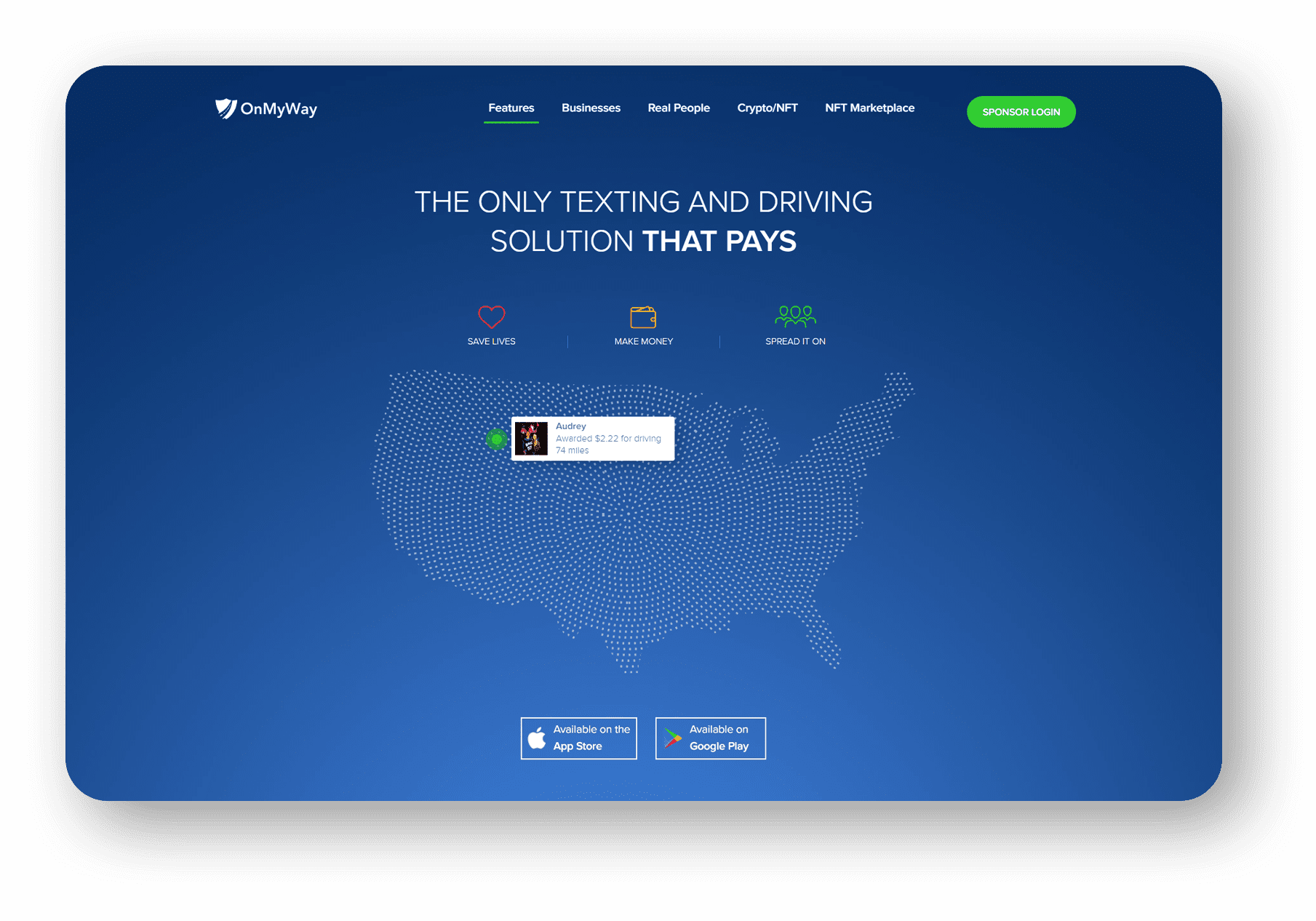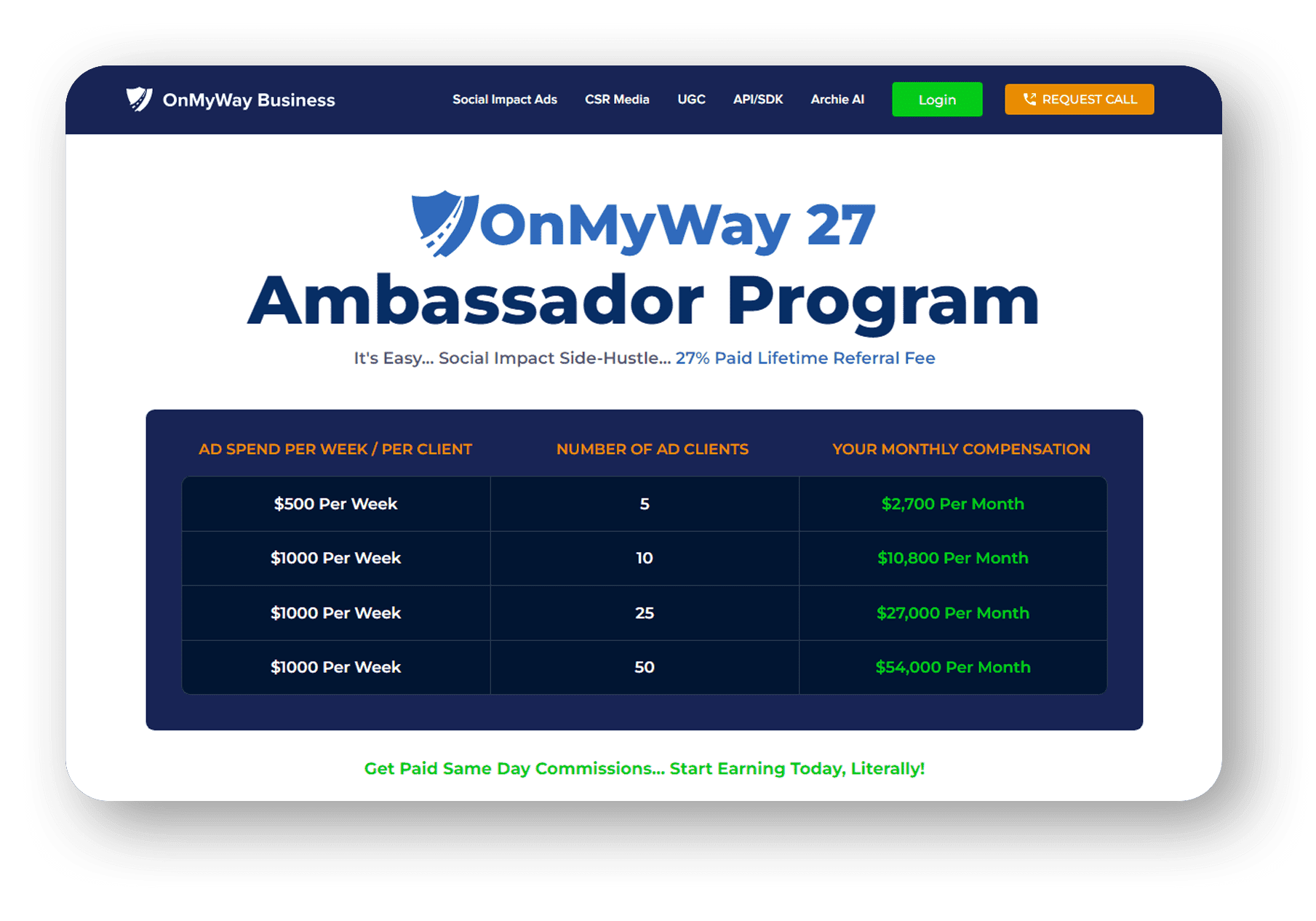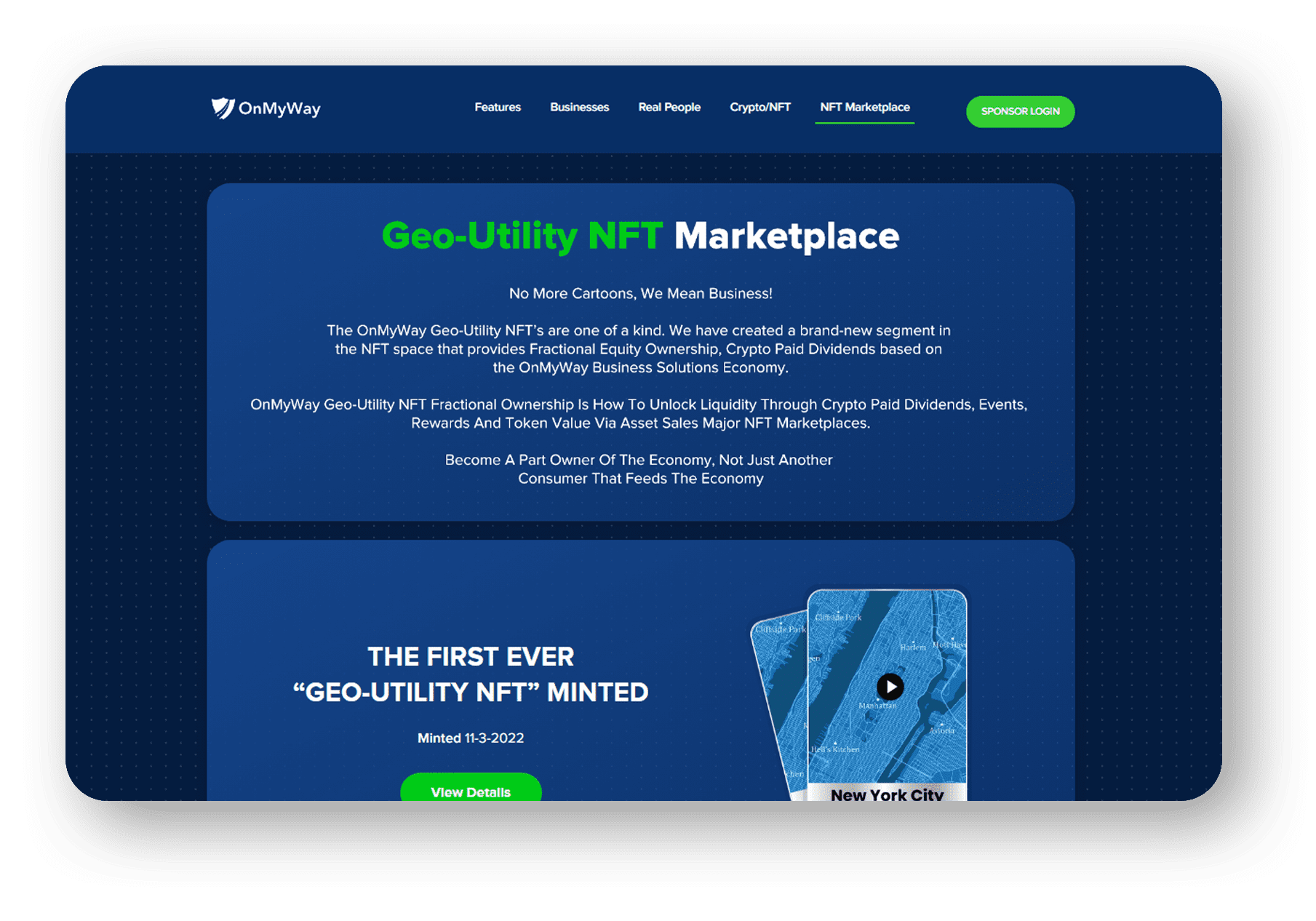
More than 70 years after doctors at Johns Hopkins Hospital took Henrietta Lacks’ cervical cells without her knowledge, a lawyer for her descendants said they have reached a settlement with a biotechnology company that they accused of reaping billions of dollars from a racist medical system.
Tissue taken from the Black woman’s tumor before she died of cervical cancer became the first human cells to continuously grow and reproduce in lab dishes. HeLa cells went on to become a cornerstone of modern medicine, enabling countless scientific and medical innovations, including the development of the polio vaccine, genetic mapping and even COVID-19 vaccines.
Lacks’ cells were harvested in 1951, when it was not illegal to do so without a patient’s permission. But lawyers for her family argued that Thermo Fisher Scientific Inc., of Waltham, Massachusetts, continued to commercialize the results long after the origins of the HeLa cell line became well known. The company unjustly enriched itself off Lacks’ cells, the family argued in their lawsuit, filed in 2021.
The settlement came after closed-door negotiations that lasted all day Monday inside the federal courthouse in Baltimore. Some of Lacks’ grandchildren were among the family members who attended the talks.
Before HeLa cells, scientists wanted a way to grow and study human cells in the lab to conduct studies that are impossible to do in a living person. When Lacks’ cervical cancer cells were successfully grown in a petri dish in 1951, scientists now had a source of cost-effective and easy-to-use cells that expanded their ability to conduct research. From polio and COVID-19 vaccines to cancer research and sequencing the human genome, HeLa cells have played an enormous role in many scientific discoveries and advancements.
Henrietta Lacks’ story is also an ongoing bioethics case, because these cells were taken from her during a routine cervical cancer biopsy and were then given to researchers without her consent, as was common practice at the time. The Lacks family has long attempted legal action against companies they say have unfairly benefited from Henrietta’s cells. A 2010 book by journalist Rebecca Skloot details how HeLa cells affected both science and the Lacks family.
Lacks’ descendants have argued that she and other Black women were “preyed on” by a group of white doctors in the 1950s and that her family was never compensated for the use of her genetic material, which made such profitable scientific advancements possible.
“Not only were the HeLa cells derived from Henrietta Lacks — the HeLa cells are Henrietta Lacks,” Ben Crump, an attorney for the family, said during a news conference Tuesday.
Thermo Fisher Scientific, a Massachusetts-based science and technology firm, previously asked a judge to dismiss the case, arguing in part that the plaintiff’s claims were too old.
In nearly identical statements, the company and attorneys for Lacks’ family said the “parties are pleased that they were able to find a way to resolve this matter outside of Court and will have no further comment” on the settlement.
Attorneys for Thermo Fisher Scientific said in an earlier court filing that only a “handful” of the many products that the company sells are “HeLa-related.”
Lacks’ life was the subject of a popular nonfiction book, The Immortal Life of Henrietta Lacks, and later a film of the same name starring Oprah Winfrey.
On its website, Johns Hopkins University says that it never profited from Lacks’ cells and that, though the collection and use of her cells was “an acceptable and legal practice in the 1950s, such a practice would not happen today without the patient’s consent.”
Speaking at Tuesday’s news conference, Alfred Carter, one of Lacks’ grandsons, called it a “day that will go down in history.” He noted that Tuesday was Henrietta Lacks’ 103rd birthday.
The terms of the agreement were confidential. Thermo Fisher and the estate’s attorneys, Ben Crump and Chris Seeger, said in a statement that they were pleased with the settlement.
The lawsuit accused Waltham, Massachusetts-based Thermo Fisher of unjust enrichment, arguing it illegally commercialised Lacks’ genetic material.
“Black suffering has fuelled innumerable medical progress and profit, without just compensation or recognition,” the lawsuit said.
The estate had asked the court to disgorge Thermo Fisher’s profit from commercialising HeLa cells and to block the company from using them without its permission. Thermo Fisher argued in court that the lawsuit was brought too late and that the estate failed to outline a valid unjust enrichment claim.
OVERVIEW
OnMyWay Is The #1 Distracted Driving Mobile App In The Nation!
OnMyWay, based in Charleston, SC, The Only Mobile App That Pays its Users Not to Text and Drive.
The #1 cause of death among young adults ages 16-27 is Car Accidents, with the majority related to Distracted Driving.
OnMyWay’s mission is to reverse this epidemic through positive rewards. Users get paid for every mile they do not text and drive and can refer their friends to get compensated for them as well.
The money earned can then be used for Cash Cards, Gift Cards, Travel Deals and Much, Much More….
The company also makes it a point to let users know that OnMyWay does NOT sell users data and only tracks them for purposes of providing a better experience while using the app.
The OnMyWay app is free to download and is currently available on both the App Store for iPhones and Google Play for Android @ OnMyWay; Drive Safe, Get Paid.
Download App Now – https://r.onmyway.com
Sponsors and advertisers can contact the company directly through their website @ www.onmyway.com











